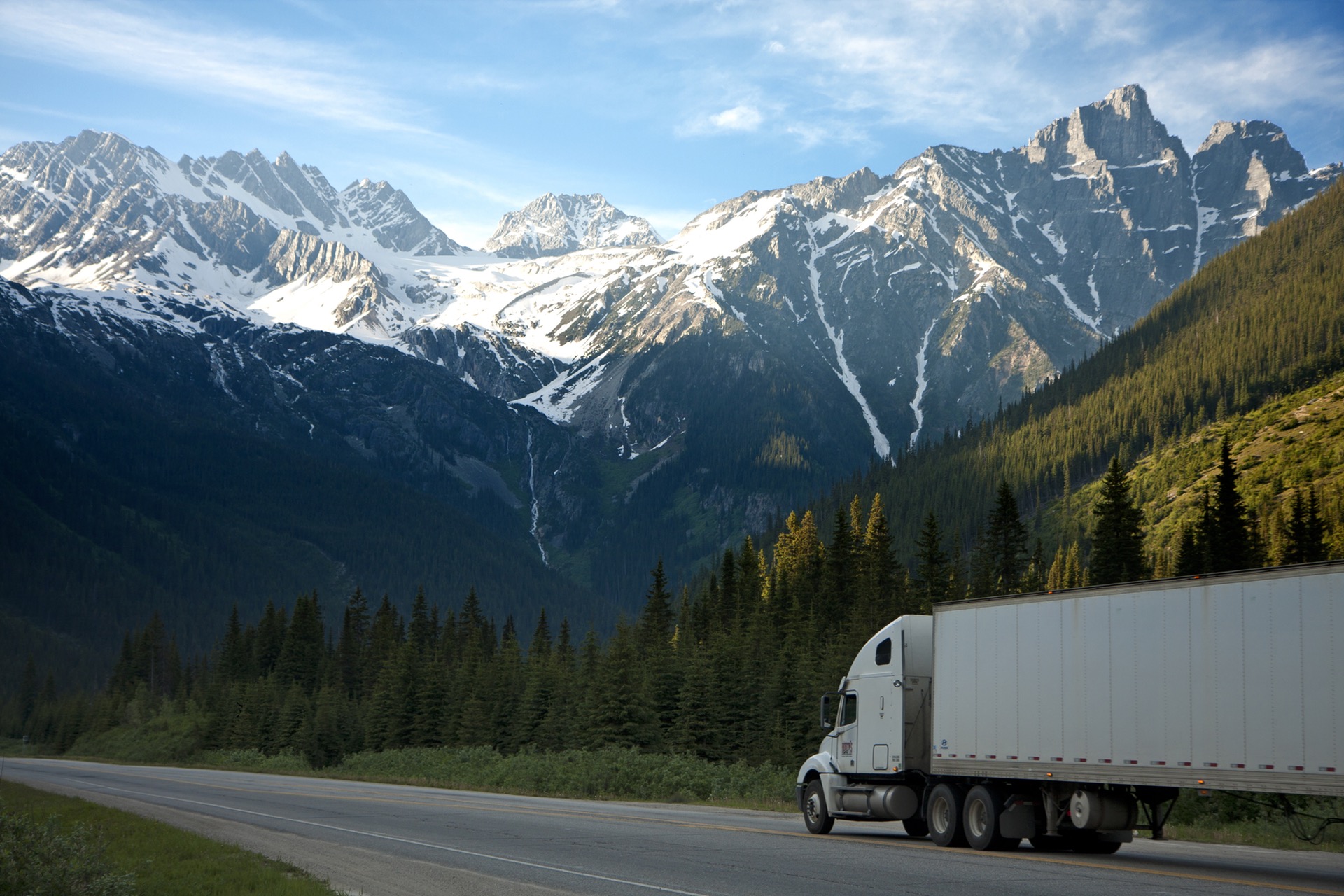
A step forward but still a ban on tackling climate change and accidents
EU countries have finally been given clearance to charge road hauliers for the air pollution and noise costs caused by lorries. But they will not be allowed to charge for the costs of congestion, accidents and climate changing gases. In a further weakening of the proposed directive, governments can exempt lorries under 12 tonnes from charges.
[mailchimp_signup][/mailchimp_signup]
Agreement on the long-awaited revision of the 1999 Eurovignette directive was reached last month by Commission officials, MEPs and ministers. The deal is expected to be signed off by ministers without further changes. It ends the latest stage in an on-going process aimed at getting transport users to pay for their environmental impact, a process that was given new momentum when the former transport commissioner Jacques Barrot proposed in 2008 that member states should be allowed to charge road vehicles for some of their environmental costs.
Yet the process has again delivered much less than environmental campaigners and transport economists had hoped for. The exclusion of climate change, congestion and accident costs means these externalities cannot be charged for, and this at a time when the Commission has set a target for greenhouse gas reductions from transport of 60% by 2050.
T&E deputy director Nina Renshaw said: ‘Setting targets is all very well, but countries need tools like the Eurovignette to help them get there, whereas the law still imposes some unnecessary restrictions. This agreement will enable EU states to target the most polluting lorries, which is a significant step forward, but it still bans them from charging for the €60 billion bill for the costs of climate change, congestion and accidents caused by lorries.’
Next month, Poland will become the sixth country to introduce a distance-based lorry charge, following Austria, the Czech Republic, Germany, Slovenia and Slovakia. Belgium, France, Hungary and Spain all have similar charges at the planning stage.
Germany has announced it is extending its lorry charging scheme to 1000km of national roads. The scheme will not cover all national roads, but evidence that some heavy lorries are using sub-motorway roads to avoid the charges has led to the scheme being expanded. A similar proposal by the Czech government is under consideration following complaints from towns and regions suffering from diverted lorry traffic.
